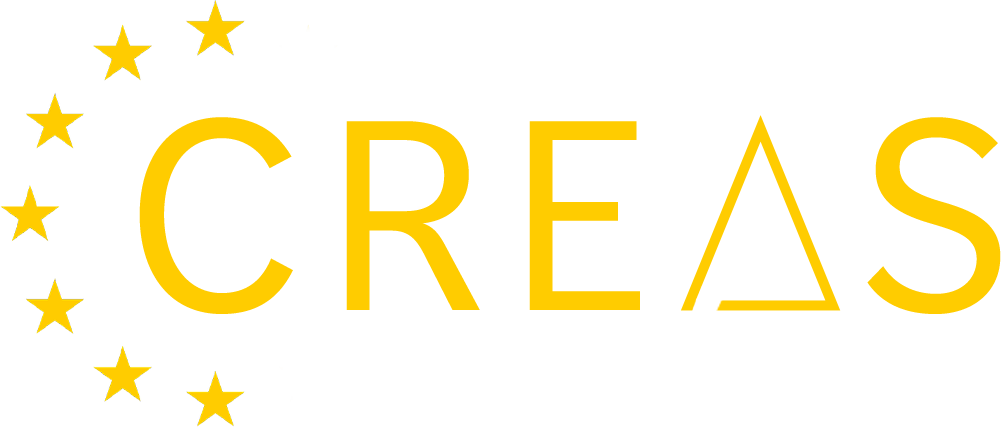By Thomas Rasmussen
The recent remarks by President-elect Donald Trump have ignited widespread outrage across the Western world. In openly vying for the annexing of Greenland – a Danish autonomous territory – and refusing to rule out military coercion, Trump has demonstrated a blatant disregard for old alliances and the rules-based international order that the United States has played a crucial role in shaping and upholding. The recent remarks may seem, at first glance, like a distant geopolitical concern for us students. Yet its implications strike at the core of Europe’s ability to secure its future prosperity.
As students, especially those focused on research, innovation, and policy, we cannot afford to ignore these developments. The geopolitical landscape is shifting, and Europe must be prepared to adapt or risk being left behind. What happens to Europe today will define the world we inherit tomorrow. The decisions made now – whether to preserve unity or allow external forces to sow division and sunder Europe – will shape the political, economic, and social conditions in which we students will later live and work.
Denmark is tied to Greenland and the Faroe Islands, not only through a shared monarchy but also through a long historical and cultural bond. The Unity of the Realm provides a strong and healthy framework for Denmark, Greenland, and the Faroe Islands, reflecting the same values of cooperation and mutual respect that underpin the broader European project. From a centre-right perspective, KS wishes to preserve this unity with equality and respect for the three distinct parts of the realm, while also taking into account the wishes and needs of the Greenlandic people. Their voice is integral to shaping the future of the Arctic region, and it is a shared responsibility to ensure that decisions affecting the realm does not circumvent them, while addressing the unique challenges that arise in the Arctic with collaboration and mutual respect. Greenland is not for sale. The Arctic, including Greenland, will play a vital role in the future. The region holds enormous potential. But this fact is not a carte blanche to return to old imperialist ways. Instead, the way forward is a long-term, partnership-driven approach – in Europe.
What is more, Denmark has consistently demonstrated its commitment to the transatlantic alliance, participating in joint military operations and supporting U.S.-led initiatives globally. This blatant disregard from the future US president of our shared cooperation is not only worrying but disappointing. This is not merely a bilateral issue; it is a matter of how the civilized world upholds the autonomy of nations and whether we truly consign the whims of imperialism to history. It also raises broader questions about Europe’s resilience in the face of mounting external pressures from multiple fronts.
All these efforts seem to constitute part of a larger bid – from many actors – to weaken Europe as a whole. We must act now and take serious steps towards a stronger, wealthier and more competitive union, in order to stand on our own in this rapidly changing world order. We believe in a Europe of strong, sovereign states working together through cooperation and mutual respect. We believe in a Europe that embraces opportunity, innovation, and responsibility. In terms of policy, much can be done to drive European innovation. Breakthroughs in key technologies like AI, energy, and digital infrastructure require cutting through unnecessary regulation and removing barriers that hinder progress. At the same time, stronger university-industry partnerships are essential to turn research into real-world solutions and bring innovations to market faster. Finally, expanding research mobility programs will promote cross-border collaboration, ensuring that Europe’s best ideas are shared and developed across borders.
None of this will be possible if Europe remains passive in the face of external threats. Let us create a viable, strong, and future-proof Europe, instead of passively waiting to see if these threats will become reality. As European students we must do our part, through research and advocacy, to help build a Europe that can stand on its own two feet. We must not dissolve our unity – we must strengthen it!
Thomas Rasmussen
Vice Chairman of CREAS and Deputy Chairman of KS Denmark
